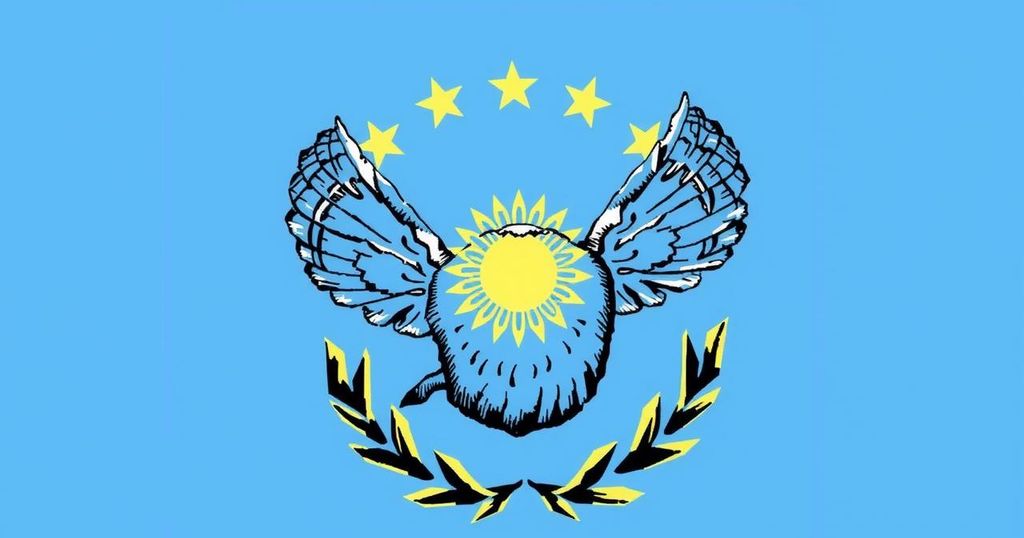Concerns Over Political Engagement in Uruguay’s Recent Elections
The recent presidential elections in Uruguay were marked by uninspiring candidates and a lack of voter engagement, culminating in no majority winner and a runoff scheduled. Young people face significant socio-economic challenges, leading to political apathy, while older generations express dissatisfaction with governmental handling of key issues. This disconnection indicates a danger to the future of Uruguay’s democratic stability.
In the recent presidential elections in Uruguay, the excitement traditionally associated with the political process was notably absent. The elections were characterized by uninspiring candidates who failed to engage undecided voters effectively. Consequently, no candidate managed to secure a majority, leading to a runoff election. This shift in political vibrancy is unusual for Uruguay, which has historically experienced dynamic electoral contests, reflecting a deep-rooted commitment to democracy following a history of dictatorship. However, this year’s elections have uncovered a concerning trend: the disillusionment of young voters, many of whom feel marginalized despite Uruguay’s reputation for social and economic stability.
The youth of Uruguay are grappling with significant challenges, including a youth unemployment rate of 26%, one of the highest in Latin America. Furthermore, high school dropout rates and substantial poverty levels (affecting one in five children) exacerbate the situation. Compounding these issues, the Covid-19 pandemic has led to a mental health crisis among young Uruguayans, with suicide emerging as a leading cause of death in this demographic. Such circumstances contribute to a growing political apathy among young voters.
Despite the challenges faced by the younger generation, dissatisfaction also permeates the older populace, attributed to government failures in addressing issues of childhood poverty, corruption, and escalating crime rates. Although inflation has slowed, the increase in net public debt and incidents of corruption under President Luis Lacalle Pou have further alienated the electorate. Conversations with undecided voters highlight a sentiment of disconnect with the leading candidates, revealing a pressing need for political engagement and connection to the issues that matter to the populace.
Uruguay is renowned for its political stability and commitment to democratic ideals, following a tumultuous period under dictatorship. As a nation of approximately 3.4 million, it is often viewed as a model of social and economic success in Latin America. However, the recent elections have highlighted a troubling trend of political disinterest, particularly among the youth, who are facing a myriad of socio-economic challenges. This may foreshadow significant shifts in the political landscape and democratic engagement in the country if unaddressed.
The lackluster nature of the recent Uruguayan elections raises alarm regarding the engagement of the youth and older voters alike. The persistent socio-economic challenges, including high unemployment and rising poverty, coupled with a disconnection from electoral candidates, pose risks to the country’s democratic integrity. It is imperative that political leaders recognize these concerns and foster inclusive dialogues that address the needs of all citizens to maintain Uruguay’s legacy as a stable democratic nation.
Original Source: www.nytimes.com




Post Comment